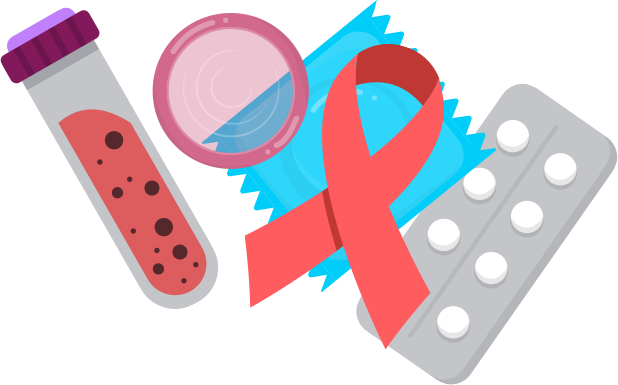

HIV, or Human Immunodeficiency Virus, is a virus that attacks the body’s immune system, specifically targeting CD4 (or T-cell) white blood cells. These cells are essential for fighting off infections, and when their numbers decrease, the immune system becomes weaker. This increased vulnerability can lead to illnesses such as tuberculosis, infections, and certain cancers. HIV is a significant global public health issue, having claimed approximately 42.3 million lives worldwide.
The virus is spread through contact with specific body fluids, including blood, semen, vaginal fluids, rectal fluids, and breast milk. It can also be passed from an infected mother to her baby during childbirth or breastfeeding. But here’s one important thing to remember—HIV isn’t something you can catch from casual contact, like hugging or shaking hands. If left untreated, HIV can progress to Acquired Immunodeficiency Syndrome (AIDS), the most severe stage of HIV infection, where the immune system is severely compromised. Understanding HIV is crucial for reducing stigma and fostering informed conversations about reproductive health and well-being.
HIV and AIDS are connected but different. HIV is the virus, and AIDS is the most severe stage of HIV. HIV infection happens in three stages: (1) acute HIV infection, (2) chronic HIV infection, and (3) AIDS.
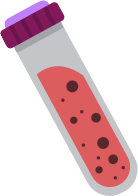
HIV is the virus that infects the body
Flu-like symptoms (fever, headache, sore throat)
Some people may not have noticeable symptoms
Chronic infection may cause swollen lymph nodes, weight loss
HIV remains in the body and replicates. It progresses slowly if untreated.
HIV is highly infectious, especially in the early stage.
Antiretroviral Therapy (ART) helps control the virus, preventing progression to AIDS.

AIDS is the most severe stage of HIV infection
Weak immune system
Increased risk of infections and cancers
Severe weight loss, persistent infections, cancers, and opportunistic infections like TB
Progression to AIDS occurs when HIV severely damages the immune system, leading to life-threatening infections or cancers.
People with AIDS have high viral loads, but the condition itself (AIDS) is not contagious. HIV is.
AIDS requires treatment for both HIV and opportunistic infections or cancers.
Currently, there is no cure for HIV, making prevention the best approach. Several effective strategies can help prevent HIV infection. One of the most important methods is the consistent and correct use of condoms during sexual activity. It’s also vital to avoid reusing needles and to consider taking Pre-exposure Prophylaxis (PrEP), a daily medication that significantly reduces the risk of HIV infection.
Another preventive measure is Post-exposure Prophylaxis (PEP), which should be taken within 72 hours after potential exposure to HIV. Additionally, regular testing and treatment of sexually transmitted infections (STIs) are essential components of HIV prevention. Taking these steps can help keep you and your partners safe.
Effectively managing HIV requires a commitment to Antiretroviral Therapy (ART), which is essential for maintaining a low viral load and preventing the progression to AIDS. With consistent adherence to medication and proper self-care, many individuals can achieve an undetectable viral load, meaning the amount of HIV in their body is so low that it cannot be transmitted to others. Regular medical check-ups, including CD4 count testing, are crucial for monitoring immune health and guiding treatment decisions. In addition to medication, a balanced diet, regular exercise, and mental health care are vital for overall well-being. Avoiding smoking and limiting alcohol consumption also play a significant role in maintaining health. Building a strong support network and staying informed about the latest research and treatments can further enhance the quality of life for those living with HIV.
HIV testing is a crucial step in identifying and managing the virus, helping to curb its spread and ensuring individuals receive the care they need. LoveYourself is a leading HIV advocacy group in the country, dedicated to providing comprehensive support and resources for individuals vulnerable or living with HIV. The organization operates a network of testing centers known as LoveYourself Hubs, strategically located across Luzon and Visayas to ensure accessibility for diverse communities.
Each LoveYourself hub provides accessible support across the country. They offer free HIV/STI screenings, same-day treatment, and create safe spaces for MSM (men who have sex with men), trans and gender diverse individuals, and youth. Services include confidential HIV testing, counseling, and sexual health education. By fostering these environments and promoting informed discussions, LoveYourself empowers individuals to take charge of their health and reduce HIV stigma. For more information, visit https://loveyourself.ph/hubsclinics/.
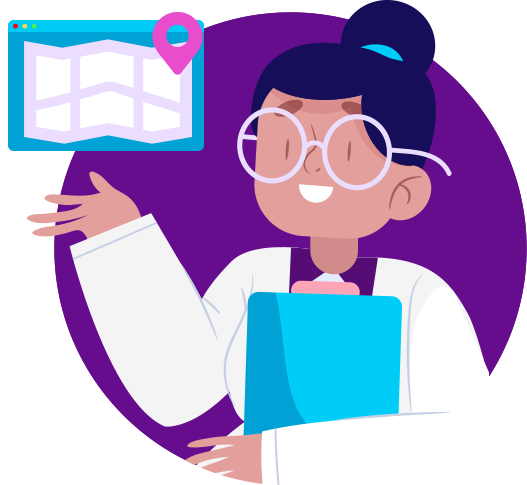
SelfCare by LoveYourself offers a groundbreaking, private, and convenient way to test for HIV at home. In partnership with Chembio, LoveYourself delivers SelfCare kits right to your doorstep through local delivery services. These kits include everything you need for a quick, confidential self-screening: a single-use lancet (finger-stick blood sampler), alcohol swab, and clear instructions, with a video tutorial from LoveYourself ambassadors Catriona Gray and Paolo Gumabao.
Launched as the first unassisted self-testing service in the country, SelfCare addresses concerns about privacy and safety, especially during the pandemic. The initiative eliminates the fear and stigma of traditional testing by making it accessible in the comfort of your own home. A chatbot on the SelfCare Facebook page helps guide individuals through the process. Available Wednesday to Sunday, 12 PM to 8 PM, the chatbot determines eligibility for a free kit and provides personalized support throughout the testing journey.
SelfCare embodies LoveYourself’s commitment to timely, confidential HIV testing, making it easier than ever to take control of your health.
Get your test kit now on m.me/SelfCare2s and follow SelfCare on Facebook.
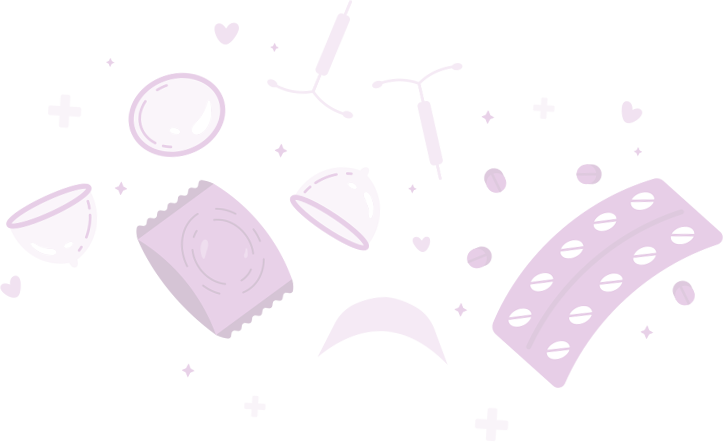

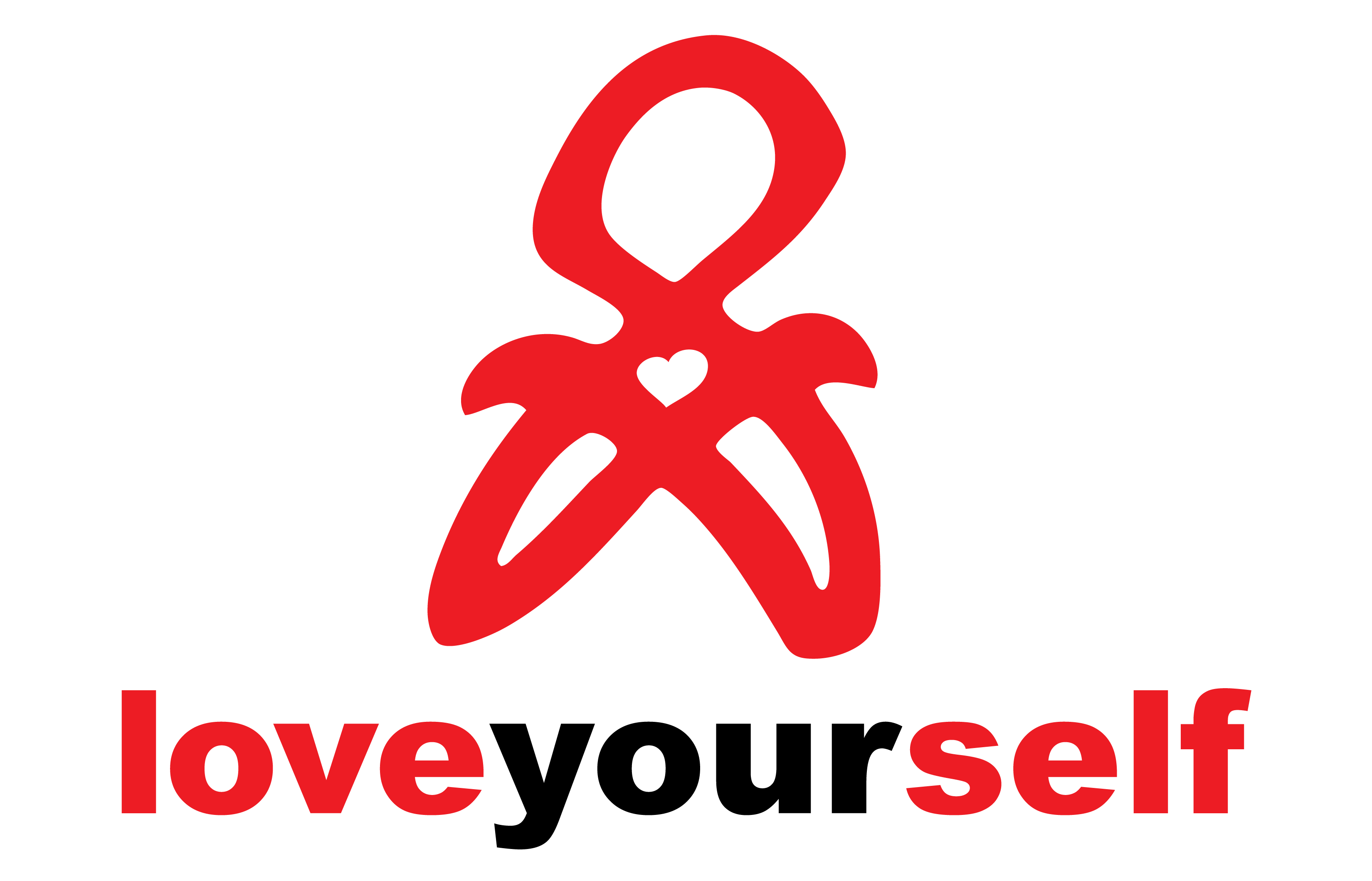
LoveYourself Inc. is a leading HIV advocacy organization in the Philippines dedicated to HIV awareness, prevention, and treatment. Founded in 2011 by Ronivin (Vinn) Garcia Pagtakhan, LoveYourself empowers individuals, particularly youth and men who have sex with men (MSMs), by promoting self-worth as essential to community empowerment. The organization provides free HIV testing, counseling, and treatment services, alongside educational campaigns and community outreach programs aimed at reducing stigma and promoting sexual health. In 2019, LoveYourself catered to 65,000 clients for HIV/STI testing, assisted 3,542 HIV clients for treatment, and reached 2.5 million website views. With nearly 1,100 volunteers, LoveYourself operates several community centers and clinics, offering a safe and supportive environment for individuals seeking HIV-related services. The organization has received numerous accolades, such as being recognized as a sub-recipient of the Global Fund for HIV services and the TAYO Awards for outstanding youth organizations. By understanding HIV, its prevention, and management, and knowing where to access testing and support, we can collectively work towards reducing the impact of HIV and supporting those affected by it. To know more about them, visit https://loveyourself.ph/about-us/.
Bernstein, S. (2024, June 2). Self-care for people with HIV. WebMD. Retrieved from
https://www.webmd.com/hiv-aids/self-care-people-hiv
Centers for Disease Control and Prevention. (2024, September 26). HIV Prevention. Retrieved from
https://www.cdc.gov/hiv/prevention/index.html
Centers for Disease Control and Prevention. (2024, November 4). About HIV. Retrieved from
https://www.cdc.gov/hiv/about/index.html
Healthline. (2023, February 23). HIV vs. AIDS: What’s the Difference? Retrieved from
https://www.healthline.com/health/hiv-aids/hiv-vs-aids
LoveYourself. (n.d.). About Us. Retrieved from
https://loveyourself.ph/about-us/
LoveYourself. (n.d.). HIV/STI Testing. Retrieved from
https://loveyourself.ph/hiv-sti-testing/
LoveYourself. (n.d.). Safe and Secure with Self-Care. Retrieved from
https://loveyourself.ph/safe-and-secure-with-self-care/
National Institutes of Health. (2023, December 11). Basics of HIV Prevention. Retrieved from
https://hivinfo.nih.gov/understanding-hiv/fact-sheets/basics-hiv-prevention
World Health Organization. (2024, July 22). HIV/AIDS. Retrieved from
https://www.who.int/news-room/fact-sheets/detail/hiv-aids
Welcome to TRUST.ph! Our ai-Thea is powered by Artificial Intelligence (AI) and is designed to provide general information on reproductive health. Please carefully read the following disclaimer before interacting with ai-Thea:
For any concerns regarding data privacy or ai-Thea usage, please contact our Data Privacy Officer at (02) 5328-5020.
By interacting with this ai-Thea, you agree to the terms outlined in this disclaimer and our Privacy Policy.